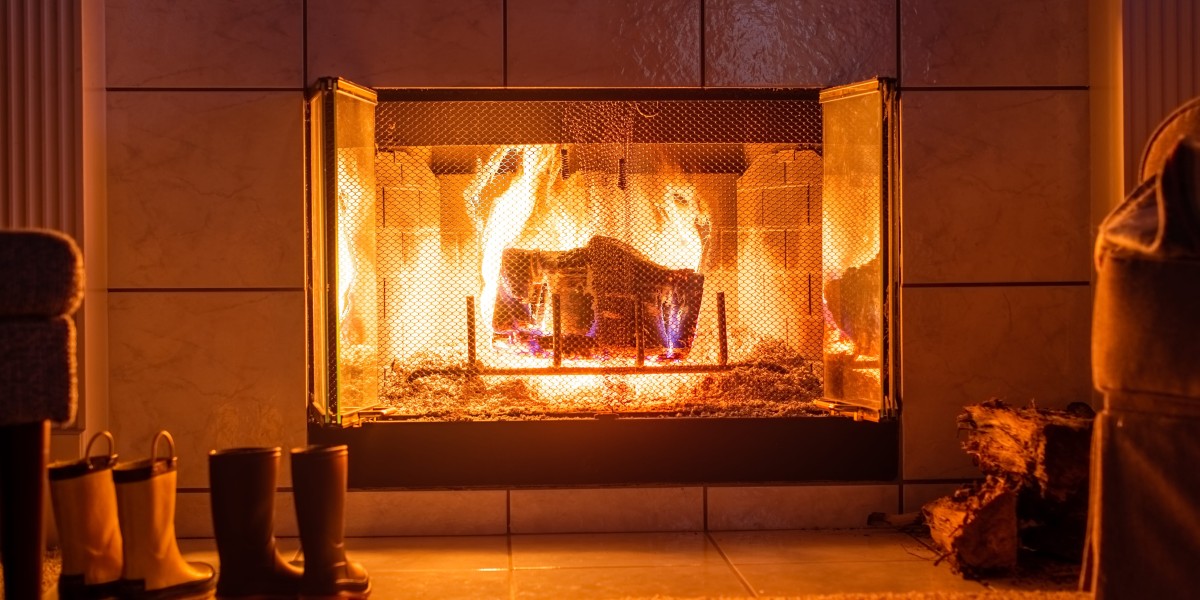 The Importance of a Landlord Gas Safety Certificate
The Importance of a Landlord Gas Safety CertificateA gas safety certificate issued by a landlord is proof that a qualified engineer having checked and tested the gas appliances inside the property. Landlords are required to provide copies to current tenants within 28 days and new tenants prior to moving in.
A digital gas safety report can be saved on your tablet, smartphone or laptop. It will show the unique identifier of the engineer who performed the inspection. This can be an electronic sign, a name or payroll code.
Legal Obligations
There are a number of legal requirements that landlords must meet when it comes to gas safety certificates and they're all crucial to keep in mind. The most obvious requirement is that the inspection be performed by a Gas Safe engineer. The only qualified person to ensure that pipes and appliances are safe for use by tenants. The engineer will test each gas appliance within the property and the flue. He will then give the landlord a Gas Safety Record (CP12).
If a landlord owns several properties, they must ensure that each one is in compliance with the law. The HSE website offers landlords with up-to date easy-to-access guidance regarding their obligations under The Gas Safety (Installation and Use) Regulations and its accompanying Approved code of Practice. Download free leaflets that explain the laws.
Landlords are required to provide a copy of the Gas Safety Record to each tenant who resides in their property, in addition to any new tenants that are hired at the beginning of their tenancy. Landlords must keep a copy of the CP12 to keep a record of the CP12.
Additionally landlords should ensure that their gas appliances and systems are in good repair. If they are not, the owner must either repair or replace them. It's important to note that it's illegal to let landlords to rent out a house with gas appliances that are malfunctioning.
Tenants must be informed by landlords 24 hours in advance if they plan to enter the property for safety or maintenance inspections. The landlords must also ensure they are able to gain access to the property without using force.
It is advised that in the event of a dispute, the tenancy agreement include a clause that allows both parties to take actions to ensure that the landlord can perform the required maintenance and inspections. This could include calling the local authority for help, or it could involve setting up an appointment with a different gas engineer to visit the property.
It's also important to remember that landlords are only able to serve Section 21 notices on their tenants if they possess a valid Gas Safety Certificate for the property in question. As a result landlords must keep up-to-date with their CP12s as well as conduct annual inspections. If they don't the landlord could be fined and even thrown in jail.
Prevents Accidents
A gas safety certificate for landlords is a vital step to avoid accidents or injuries caused by defective gas appliances. Regular inspections allow problems to be identified before they cause serious injury, reducing the chance of costly damage and liability claims from tenants. Landlords also benefit from the peace of mind knowing they are meeting their legal obligations, and securing their reputation as a responsible property rental business.
A Gas Safe Certificate is an official document that demonstrates the landlord has met their obligations under UK law. It is issued by a registered engineer and contains information regarding the address of the property, the details of the appliances or installations that have been inspected, and whether they've passed or failed the safety checks. It must be signed by the engineer and issued within 48 hours after the inspection.
Landlords could face severe penalties for not complying with gas regulations. Local authorities can fine them and could even be prosecuted in the event of an accident or injury that results from the use of gas mains in the property. Landlords also risk losing their professional reputation in the marketplace when they fail to follow all laws that govern their rental property.
The updated Gas Safety Regulations require that landlords carry out annual checks on all gas appliances in their properties. They must also give tenants copies of the documents and keep complete records of all checks. This is vital as it will help landlords show they are in compliance with their legal obligations and protect themselves from possible penalties or fines.
Some tenants might refuse to allow access to their home for a safety check. Some tenants may feel that it is an invasion of their privacy or that it is unnecessary. But it's essential for their security. Landlords must inform tenants that carbon monoxide doesn't have any scent, taste or color, which makes it difficult to identify.
If tenants are unwilling to cooperate, landlords could consider writing a letter to them explaining why they require access and what is involved in the inspection. If they refuse to allow the engineer in, consider evicting using a Section 21 Notice.
Avoids Fines
 Landlords are required to comply with various safety regulations, and gas checks are among the most crucial. Failure to comply with these regulations could result in substantial fines and even imprisonment. It is vital to any rental property's success to meet these standards. Fortunately, there are a few simple steps landlords can take to ensure compliance and avoid any costly errors.
Landlords are required to comply with various safety regulations, and gas checks are among the most crucial. Failure to comply with these regulations could result in substantial fines and even imprisonment. It is vital to any rental property's success to meet these standards. Fortunately, there are a few simple steps landlords can take to ensure compliance and avoid any costly errors.The first step is to make sure that all gas appliances and installations have been checked and maintained by a licensed engineer. This will ensure that the equipment is safe to use by tenants. It is also essential to keep all documentation of these inspections for future reference. The landlord should also give a copy to every tenant upon request.
Another important step is to check that the Gas Safe Register engineer has the proper credentials to conduct the inspection and issue the certificate. In the event that a landlord hires an unqualified engineer the company could be liable for significant penalties or even imprisonment.
Finally, landlords should make sure that they obtain a new gas safety certificate before the existing one expires. This will avoid any issues with overlapping dates and ensure that all inspections are completed in time.
It's not easy to navigate the complex regulations even though it's important to have electrical and gas safety certificates. By taking the time to learn about these rules and following the best practices, landlords can avoid costly errors that could put their tenants in danger.
In addition to legal consequences landlords could also be liable for high-cost damage from tenants injured by malfunctioning appliances. Additionally the majority of insurance policies for landlords do not cover for injuries that occur in properties with an expired or non-existent gas safety certificate. Therefore, it is essential for landlords to stay up-to-date on all electrical and gas safety regulations and obtain a valid certificate before renting out their properties. If you're a landlord contact Pro Checks today for all your safety certificates for landlords! Pro Checks is a group of London-based professionals dedicated to delivering prompt service, attention to detail, and affordable prices.
Peace of Mind
Landlords can be confident that their property is safe when they adhere to all local safety standards and regulations. This gives them peace of mind and allows them to focus on the business aspect of renting out their properties. Landlords with a solid record of gas certifications and inspections can expect their properties to be highly sought-after which will result in long-term tenants and steady rental income.
Non-compliance with gas safety regulations puts lives at risk It is therefore essential for landlords to keep an up-to-date certificate. It also shields them from legal disputes with tenants over faulty appliances, and can prevent them from paying hefty fines by regulators.
Landlords have a variety of options for conducting safety checks and issue certificates. They should verify local regulations to ensure they are in compliance with all regulations. It is recommended that Gas Safe registered engineers complete the inspections. These experts have gone through rigorous training and assessment, giving them the skills and expertise to conduct a thorough and precise inspections of all gas appliances.
Once the inspection is complete, the engineer will issue an Landlord Gas Safety Record or gas safety certificate for landlords. This document will include the date of inspection, the details of the appliances that were inspected and the engineer's name as well as registration number. The document will also list any faulty appliances, and provide suggestions for fixing the problem. Landlords must provide an original copy of this document to current tenants within 28 days of the date of the check or prior to when new tenants move in.
Regular maintenance of gas appliances will help landlords avoid costly repairs down the line. It's recommended to schedule regular checks and maintenance, so that any issues can be identified and resolved in the earliest time possible. This will help prolong the lifespan of the appliances which ultimately save money in the long term.
A landlord who wants to provide their tenants with peace of mind should ensure that all chimneys and gas appliances checked by certified experts and obtain a valid Certificate of Gas Safety. This will help them avoid expensive repairs and potential fines for non-compliance, as well as improve their reputation as a responsible landlord.




